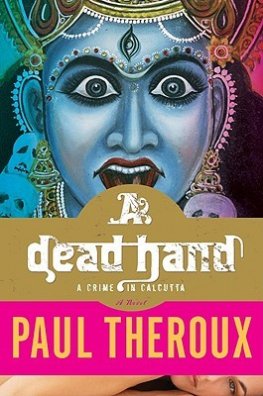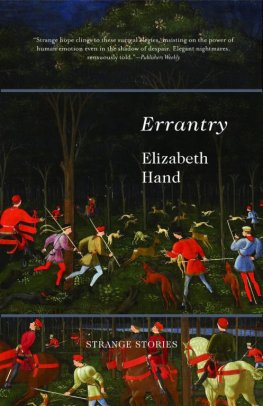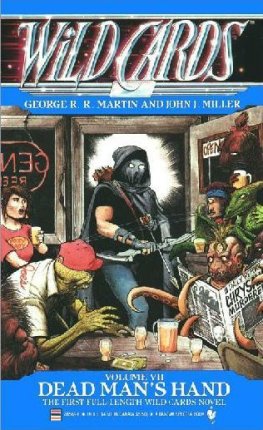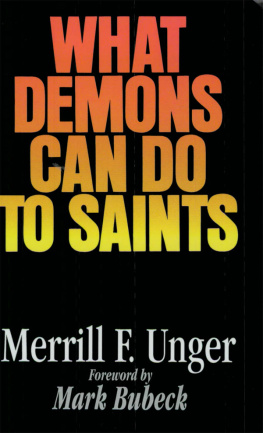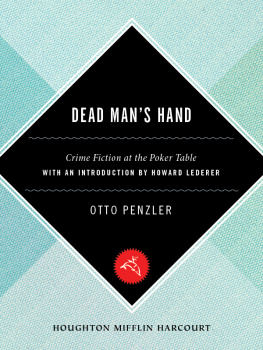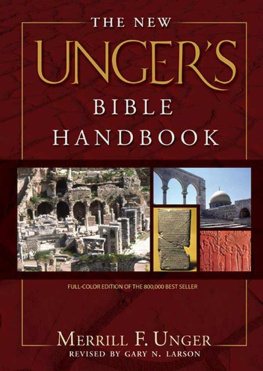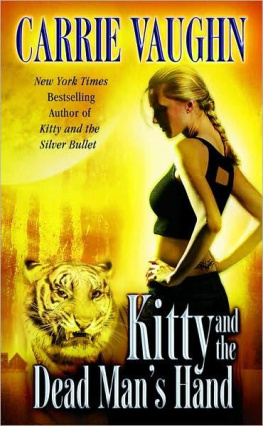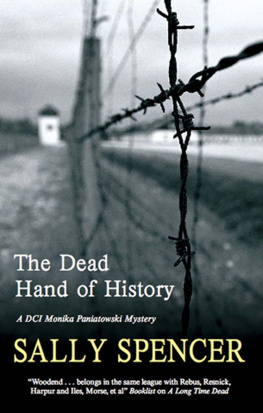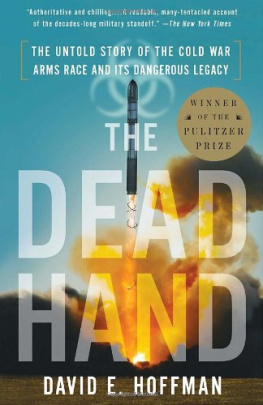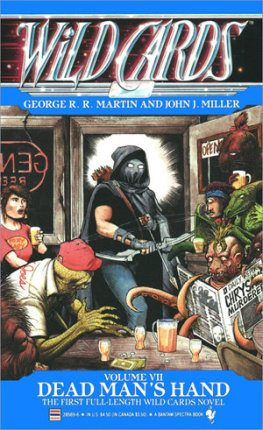Paul Theroux
A Dead Hand: A Crime in Calcutta

THE ENVELOPE HAD no stamp and only my name underlined on the front; it had somehow found me in Calcutta. But this was India, where big pink foreigners were so obvious we didn't need addresses. Indians saw us even if we didn't see them. People talked grandly of the huge cities and the complexity, but India in its sprawl seemed to me less a country than a bloated village, a village of a billion, with village pieties, village pleasures, village peculiarities, and village crimes.
A letter from a stranger can be an irritation or a drama. This one was on classy Indian handmade stationery, flecks of oatmeal in its weave and reddish threads like blood spatter, with assertive handwriting in purple ink. So I dramatized it, weighed it in my hand, and knifed it open slowly, as though I was being watched. In populous Calcutta, city of deformities, my being watched was highly likely. But how did anyone know I was at the Hotel Hastings, east of Chowringhee, in an obscure lane off Sudder Street, in every sense buried alive?
I happened to be looking for a story, but Calcutta had started to creep on my skin, and I had even begun to describe how the feel of this city in its exhalations of decay in the months before the monsoon was like the itch you experience when you empty an overfull vacuum cleaner's dirt bag, packed with hot grit and dead hair and dust bunnies and dander, and you gag and scratch at the irritation and try to claw the tickle and stink off your face one of my arresting openings.
As I was rereading the letter to see if it was authentic, a wasp began to swing in short arcs and butt the windowpane, seeing only daylight. I opened the window to release it, but instead of flying out, it drowsed to another window and butted it stupid! then settled on my damp arm. I flicked at it. It made an orbit around my head and finally, though I'd tried to save it, did not fly out the window but seemed to vanish somewhere in my room, where it would buzz and sting me in the night.
I remembered how my friend Howard at the American consulate had asked me the day before if I'd ever been married. I said, "No, and I'm at that stage in my life when I no longer see a woman and say to myself, 'Maybe she's the one for me.'"
Pretty good answer, I thought. I was surprised at my own honesty. For years I had told plausible lies, saying that I was too busy with work, the travel pieces I wrote. I used to enjoy musing, "Maybe she's the one." But travel had absorbed me. It was so easy for a writer like me to put off the big decision not a travel writer but a traveling writer, always on the move, always promising a book. I had disappointed two women back in the States, and after I left I became one of those calculated enigmas, self-invented, pretending to be spiritual but ruthlessly worldly, full of bonhomie and travel advice, then giving people the slip when they got to know me too well or wanted more than I was willing to give. I no longer regretted the missed marriage, though I had a notion that I should have fathered a child. Now, too late, I was another evasive on-the-roader who spread himself thin, liking the temporary, the easy excuses, always protesting and moving on. I have to be in Bangkok on Monday! As if the matter was urgent and difficult. But Bangkok was a lovely hotel, beers with other complacent narcissists like me, and a massage parlor, the best sex hygienic and happy and anonymous, blameless relief.
You're a nomad, people said to me. It was partly true if you know anything about nomads, you know they're not aimless. They are planners and savers, entirely predictable, keeping to well-established routes. I also had a nomad's sometimes startling receptivity to omens.
The day of the letter, for example, was eventful strange portents, I thought. First the wasp, then the sight of a twisted paralytic child on Chowringhee creeping on hands and knees like a wounded animal, a new species of devolving human, reverting to all fours. And that afternoon my dancer friend, the willowy Parvati, revealing for the first time that she was adept in a kind of Indian martial art called kalaripayatu, and "I could break your arm, but I could also set it, because if one knows how to injure, one must also know how to heal." Parvati wrote sensual poems, she played the tabla, she wanted to write a novel, she wasn't married, and I was happy knowing her because I never wondered, "Maybe she's the one for me."
That same day, my friend Howard at the U.S. consulate told me about the children disappearing from the streets, kidnapped to work in brothels or sweatshops, or sold to strangers.
"And get this" he knew an expat couple with a young child who could never find their amah at home. The amah explained, "We walk in park." The child was very calm when he was with the nanny, and the nanny was upscale: gold bangles, an iPod, always presents for the kid. "I saving money." But one day on their way home at an odd hour in a distant neighborhood the couple saw their nanny panhandling in traffic, another bhikhiri at an intersection, holding their infant son a classic Bengali beggar, pathetic in her tenacity. And the child, who was drooling and dazed, was drugged with opium.
"Maybe you can use it," Howard said, as people do with writers. Oddly enough, I just did, but it was the letter that changed everything. The letter was obviously from a woman, obviously wealthy.
***
Rich people never listen, and that was why I preferred the woman's letter in my hand rather than having her bray into my face, one of those maddening and entrapping monologues: "Wait. Let me finish!" I could read the letter in peace. Something about it told me that if the woman who wrote it had been with me, she would talk nonstop. And given the nature of the facts in the letter a dead body in a cheap hotel room, a frightened guest, his fleeing, the mystery I needed a clear head, and silence, and time to think. She was asking a favor. I could reach a wiser decision if I made my judgment on the basis of facts alone the form of her appeal, her handwriting, the whole tone of the letter, rather than being attracted or repelled by the guilefulness of the woman herself, believing that the written word is more revealing than a face.
I knew she was rich from the gold-embossed Hindu symbol on the letterhead and the expensive paper. I knew she was an older woman from her handwriting alone; a younger person would have scribbled or sent me an e-mail. Wealth was evident in her presumptuous and casual tone, even her slipshod grammar, the well-formed loops in her excellent penmanship. The envelope had been hand-delivered to me at my hotel.
"Post for you, sir," Ramesh Datta, the desk clerk, said, handing it over. He too was impressed by the plumpness of the thing: a long letter, a big document, a sheaf of words, as though it represented witchery or wealth, an old-fashioned proposition.
Amazing most of all to be holding an actual three-page letter, written in purple ink on thick paper, like an artifact, and even the subject and the peripheral details were old-fashioned: a rich woman's wish, a corpse, a shocked hotel guest in Calcutta just after the Durga Puja festival.
Dear Friend, it began.
I heard your marvelous talk last night at the American cultural center and wanted to come up afterwards to speak to you, but you were surrounded by admirers. Just as well. It's better to put this in writing, it's serious, and I'm not sure how you can help but I've read your travel articles, so I know that you know quite a bit about the world and especially about India, which is my problem.

